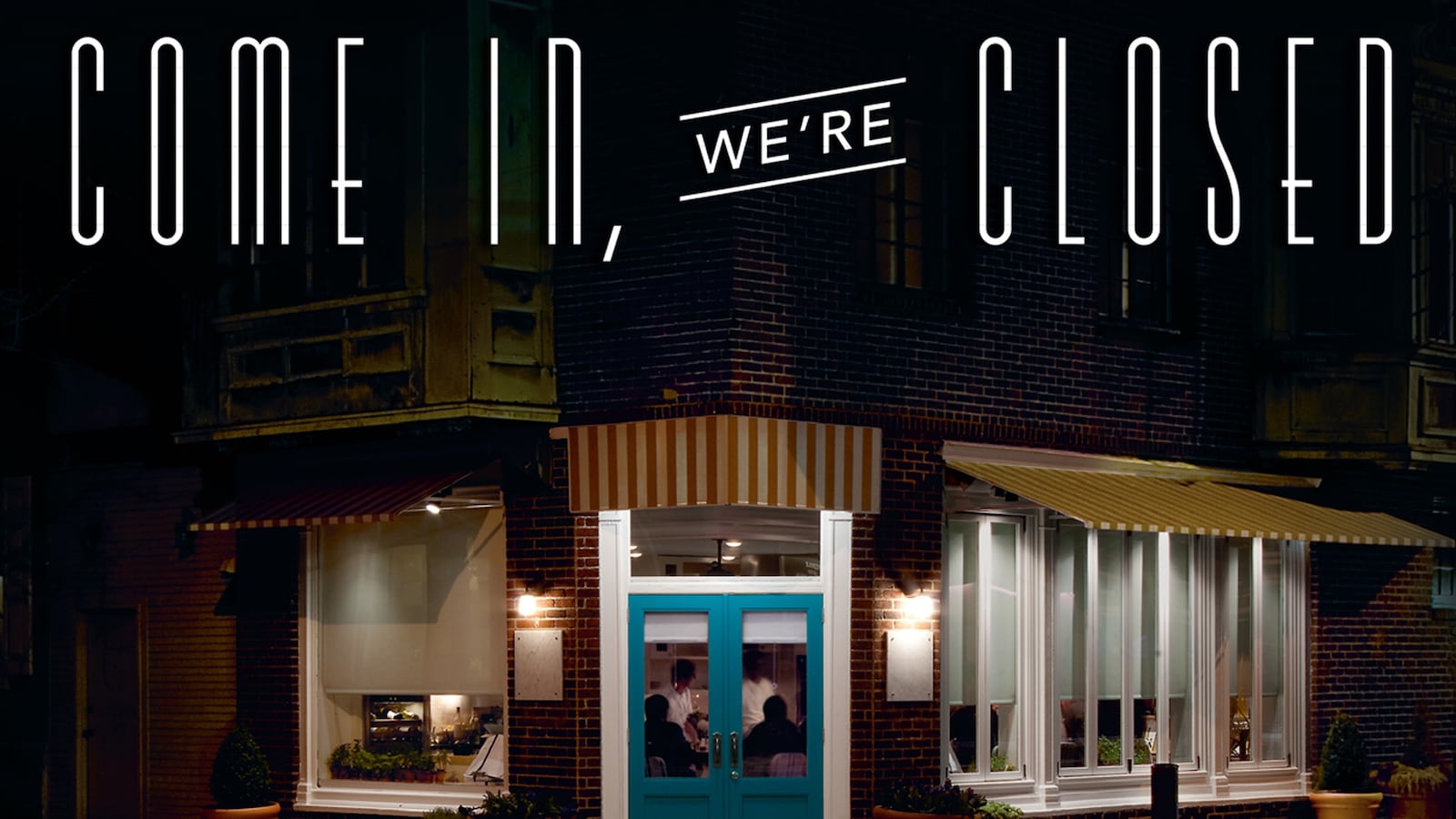In the wee hours of Sunday morning, Milk & Honey, one of New York City’s most whispered about cocktail bars, mixologized its final drink. With the building it’s housed in soon to be demolished, owner Sasha Petraske has no choice but to move into a smaller space. “Rents have climbed past where drink prices can follow,” he says.
That’s saying something—a Milk & Honey cocktail can easily run you $16. But even that’s not sufficient to keep a celebrated New York venue in business these days. According to a survey released last week by Zagat, over the past year, 82 New York restaurants closed, almost twice as many as the year before, when the body count was 42.
For each old corner bistro that closes—only to be replaced by a shiny new Bank of America—another wave of anxiety ripples through New York’s foodie community. Manhattanites are concerned that a decade of Bloombergian rent increases now threatens their venerable dining scene. “In 20 years, this just might be a city of Taco Bells,” one restaurateur recently shuddered.
As restaurants’ leases come up for renewal, many are seeing their rents more than double, and longtime institutions like Mesa Grill (Bobby Flay), Pastis (Keith McNally), and WD-50 (Wylie Dufresne) are shutting down. Even spots that survived decades of booms and busts—like the 60-year-old 2nd Avenue Deli, which was forced to relocate to East 33rd Street in 2007—have been forced out by sudden rent hikes.
Restaurateur Danny Meyer crystalized the angst in a New York Times op-ed in July, in which he announced that rising rents would likely force him to close the beloved Union Square Cafe. “Because the market suggests they can, landlords are using this moment to demand the significantly higher rents they’ve been waiting for since first betting on their neighborhoods,” he wrote. “But that sort of economics doesn’t work for neighborhood restaurants.”
Alex Pemoulie knows this all too well. Along with her husband Kevin, she owns Thirty Acres, a seasonal farm-to-table restaurant in Jersey City. Kevin spent nearly five years as the chef de cuisine at Momofuku Noodle Bar, the revered Manhattan ramen joint with a perpetual hour-long wait. But when it came time to open their own place in the spring of 2012, they decided greener pastures lay in New Jersey. “We didn’t want our [restaurant’s] rent to be a bigger number than a certain percentage of our sales, so it made sense to move somewhere like Jersey City,” says Alex.
They’re not alone. When chef Ryan Brazeal, who spent years in the trenches at venerated Manhattan hotspots like Má Pêche and Nobu 57, decided to open his own restaurant last year, he did it in his hometown of Kansas City. “Rent was definitely a factor,” he says. But it wasn’t the only one. Another element was the rise of Brooklyn, which has effectively doubled the number of restaurants people have to choose from, slicing the pie for each establishment even thinner. “The market share in New York is getting diluted because as it expands to Brooklyn there are just so many options,” Brazeal says. “All these talented chefs are graduating from these old-guard kitchens and branching out and the market is saturated.”
Rising labor costs are another force pushing restaurant owners further afield, Pemoulie says. For instance, this year both New York and New Jersey enacted laws guaranteeing paid sick leave to small-business employees. “It’s really cool for employees, but it makes things hard,” Pemoulie says. “It’s one thing for McDonald’s to do paid sick leave, but if you only have five cooks and one is out for a week and gets paid the whole time, that’s hard.”
Obamacare hasn’t helped any either, she says, especially for owners of bigger restaurants. Under the Affordable Care Act, businesses with 50 or more employees will soon have to provide those workers health coverage or pay a fine.
Factors like these are especially hard on restaurants, which tend to operate on razor-thin profit margins. “I think people have the misconception that restaurants are rolling in it,” Pemoulie says. “They think that because they can buy a steak for so much less at the store that that’s how it works. But there’s a reason restaurants go out of business. They’re really hard businesses to run, and they’re very variable.”
For instance, she thinks that last year’s winter kept customers away. “People just wouldn’t go out of the house,” she says, a fact that may have contributed to the higher-than-usual number of closings. And Sasha Petraske says shoe-horning young people out of their homes today is no small task, especially for bars. “I think millennials staying home and socializing on the Internet is a real factor in bars having a hard time,” he says.
How this will all shake out is a topic of rampant speculation. Real-estate expert Julian Hitchcock told Grub Street he expects to see more chain restaurants pop up in New York. “They can just be a billboard,” he said. “That’s the only type of restaurant that can survive: one that can take a hit because it needs to be in New York to have its brand represented here, and so it essentially just becomes marketing dollars.”
That marketing doesn’t come cheap: The rent for Danny Meyer’s Union Square Cafe reportedly rose to an appetite-quashing $650,000 per year. Typically, restaurant owners try to keep their rent outlays smaller than 10 percent of their gross sales—a goal that’s increasingly untenable in New York.
But Pemoulie says that despite all the hand-wringing, most restaurateurs she knows aren’t in panic mode. And in fact, even as closings jumped this year, so did openings—207 new restaurants opened for business in New York, the most since pre-recession 2007.
“I don’t see it as an epidemic of restaurants closing,” Pemoulie says. “Not every restaurant wants to be open for 25 years. A lot of these restaurants, the chef just wants to close it.”
She may be on to something. At 29 years old, Union Square Cafe is still adored by the public, but its owner Danny Meyer is a pragmatic businessman who stands atop a sprawling food empire. His New York Times op-ed may have made him the restaurant business’s “Rent is Too Damn High” posterboy, but he’s truly among the industry’s one percent. His company, Union Square Hospitality Group, owns nine full-service restaurants. This fall, he’ll open another one—a rustic Southern food joint in West Chelsea. No word yet on what they’ll charge for a cocktail.






